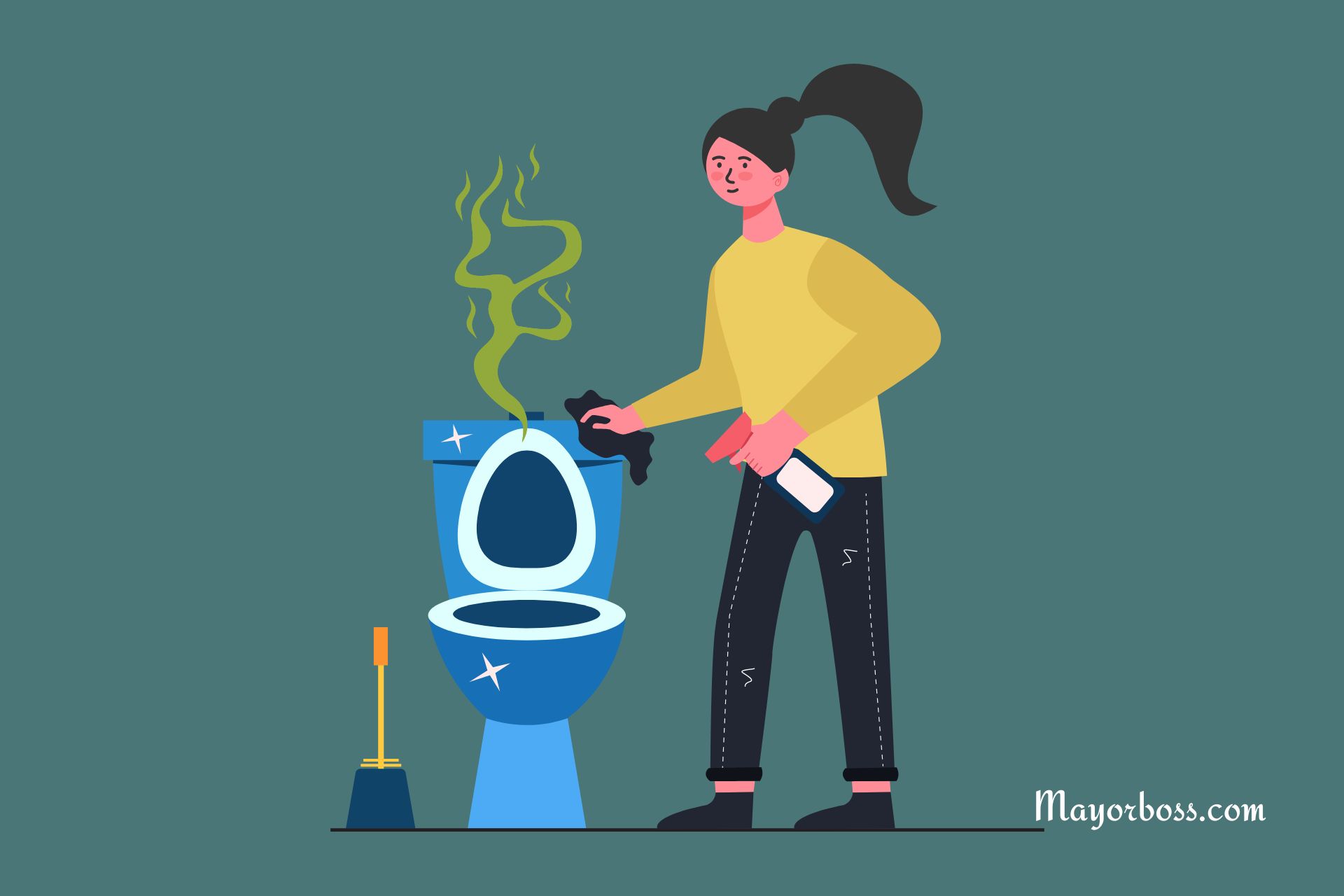Your Smartphone Is Hurting You: Here’s What to Do
It’s hard to imagine a world without smartphones. They wake us up, help us stay in touch, and entertain us in so many ways, like streaming movies, playing games, or scrolling through social media. But have you ever thought about how your phone could be causing more harm than good? In this article, we’ll look at some ways that too much smartphone use might be affecting your health and, most importantly, what you can do to reduce those effects.

Smartphones Are Causing Eye Strain and Sleep Problems
Have you ever felt like your eyes were tired or sore after spending a long time looking at your phone? You’re not alone. Too much screen time can lead to digital eye strain, which affects millions of people around the world. Symptoms can include dry eyes, blurry vision, and headaches. According to research published in 2020, spending too much time looking at screens can also increase the risk of myopia (nearsightedness), especially in children, who are more vulnerable because their eyes are still growing.
Another problem with screens is the blue light they give off, which can mess up your sleep cycle. Blue light tricks your brain into thinking it’s daytime, even when it’s late at night. This lowers your melatonin production, which is a hormone that helps you sleep. Poor sleep can lead to a lot of problems, like memory issues, being irritable, and even a weak immune system.
What You Can Do About Eye Strain and Sleep Problems
- Use the 20-20-20 rule: Every 20 minutes, look at something 20 feet away for 20 seconds. This can help your eyes rest.
- Use blue light filters: Most phones now have a night mode or blue light filter. Turn it on to reduce blue light exposure before bedtime.
- Set screen-free hours: Try to stop using your phone an hour or two before bed to help your body get ready for sleep.
Smartphones Might Be Hurting Your Posture
Have you ever heard of Text Neck? This is the name for the neck and shoulder pain caused by looking down at your phone all the time. Experts say that leaning your head forward puts as much as 60 pounds of pressure on your spine. This pressure can squeeze the discs in your spine and cause long-term problems like chronic pain and less mobility. Over time, this can lead to constant neck pain, upper back problems, and even nerve issues.
How to Improve Your Posture
- Hold your phone at eye level: Try to hold your phone up higher to avoid bending your neck too much.
- Take frequent breaks: Use your phone for short amounts of time and take breaks to stretch your neck and shoulders.
- Strengthen your neck and back muscles: Exercises like chin tucks and shoulder blade squeezes can help reduce the damage from poor posture.
Social Media Can Affect Your Mental Health
Social media can make us feel more connected, but it also has a downside. Spending too much time on apps like Instagram or TikTok can lead to anxiety, depression, and low self-esteem. You might feel like everyone else is living a more exciting life or start comparing yourself to perfect images. Research published in 2021 found that heavy social media use is linked to higher rates of anxiety in teenagers.
How to Protect Your Mental Health
- Set app limits: Many smartphones have tools that let you set time limits on your social media use.
- Take digital breaks: Choose a day or even just a few hours each week to completely unplug from social media.
- Curate your feed: Follow accounts that make you feel good and unfollow those that bring you down. Remember, social media only shows the best parts of people’s lives.
Smartphones Might Affect Your Relationships
Think about how often you check your phone when you’re talking to someone. Smartphones can take away from the quality of our relationships. Studies have shown that even just having a phone on the table during a meal can make the other person feel less connected and valued. In fact, a study conducted by the University of British Columbia found that participants felt significantly less close to their dining partners when a phone was visible compared to when it wasn’t.
Tips for Building Stronger Connections
- Keep phones away during meals: Make it a rule to put phones out of reach during meals so you can focus on the people around you.
- Set boundaries: Talk with your friends or family about setting times when no one uses their phone to make sure you’re truly connecting.
- Be present: When you’re with someone, keep your phone out of sight and focus on the conversation.
Smartphones Can Cause Hand and Wrist Pain
Constant typing, swiping, and tapping on your phone can lead to overuse injuries like texting thumb or carpal tunnel syndrome. If your thumb, fingers, or wrists feel sore or stiff after using your phone for a long time, you could be experiencing the early signs of these problems.
How to Prevent Hand and Wrist Pain
- Use voice commands: Instead of typing every message, try using voice commands to reduce the strain on your fingers.
- Switch hands: Alternate between your left and right hands when holding your phone to avoid putting too much strain on one side.
- Stretch regularly: Simple stretches for your wrists can help keep them flexible and reduce the risk of injury.
Takeaway: Set Boundaries With Your Smartphone for Better Health
While smartphones are super convenient, it’s important to understand their downsides and take steps to reduce the harm. By making small changes, like cutting back on screen time before bed, improving your posture, and setting limits around social media use, you can enjoy the benefits of technology without hurting your health.
Keep in mind, it’s all about balance. Your smartphone is a tool — make sure you’re the one in control, not the other way around.






